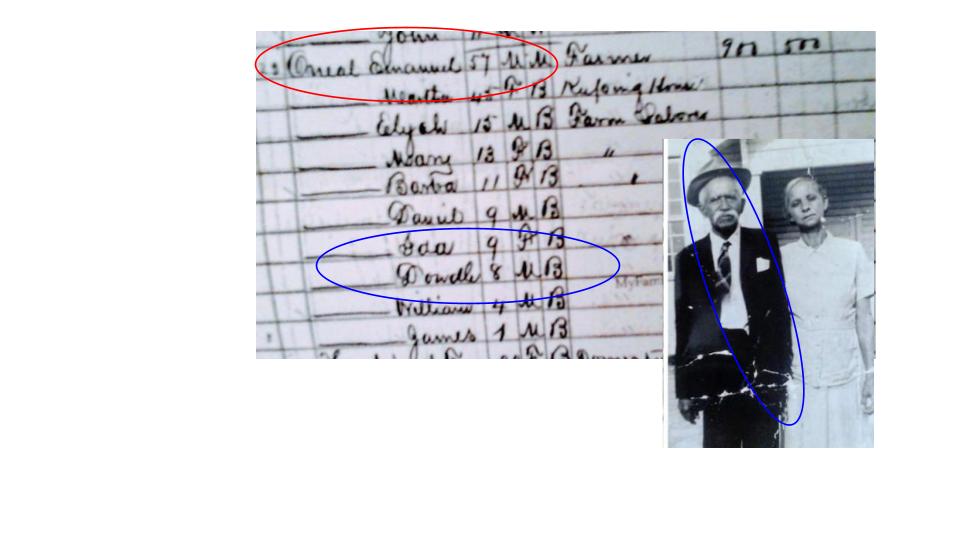
Celebrating Juneteenth and Our Shared Story of Independence
Post filed in: Civil Rights
As we excitedly plan to celebrate America’s birthday on July 4th, we are given a chance to reflect on the nation’s journey to independence. We can also explore what freedom truly means to different communities and generations of Americans.
June 19th - or Juneteenth - “marks our country’s second independence day,” according to the Smithsonian National Museum of African American History and Culture. It celebrates the end of chattel slavery in the United States.
While the Emancipation Proclamation became effective in 1863, it wasn’t until June 19, 1865 that the last enslaved Black people were freed by Union troops in Galveston Bay, Texas, after the end of the Civil War.
In times of national commemoration, I’m often drawn to the stories of individual communities and families that make up our shared history. Who we are, what shapes us, and how we all arrive at this moment together are the questions that are always top of mind for me. This includes examining my own family’s journey within the context of our nation’s history.
A few years ago, my family was fortunate enough to access detailed genealogical records that shed light on my ancestors’ story. Here is what we discovered:

{Caption: James Isom O’Neal with wife, Pearlie Davenport O’Neal}
Pictured is a snapshot of the United States Census from 1870. The 1870 census was the ninth census in U.S. history, but it was the first census conducted after the Civil War. It was also the first census to ever list Black people by name as free individuals, instead of as property.
My paternal third great grandfather, Emmanuel O’Neal (marked age 57), and my second great grandfather, “Dowdle” James Isom O’Neal (marked age 8), are listed on the 1870 census. I imagine what it was like for Emmanuel - after living over 50 years enslaved - to have a census taker arrive at his home and finally care to know his name as a free man, as an American. I imagine what it was like for him to look over at his children - some of whom were born into slavery - and to be able to proudly account for them by name as free American children.
Emmanuel was a shoemaker during slavery and used his craft after emancipation to amass land in Alabama that he passed onto his sons. James Isom “Dow” O’Neal, a toddler in slavery, grew up to become one of the most significant Black landowners and farmers of his era. His direct descendants would become educators, engineers, Tuskegee Airmen (my grandfather), early computer science pioneers (my father), Fortune 500 C-suite executives (my uncles and cousins), and me, the first-ever Senior Advisor for Equity at the U.S. General Services Administration.
My family history is not just Black history; it is American history. Black Americans have celebrated both July Fourth and Juneteenth for generations to honor our ancestors’ centuries-long journey toward freedom and independence. Our journey mirrors and is linked to the heart of our nation’s story arc.
Juneteenth celebrations are vibrant and rich in tradition. They often differ by parts of the country and include customs that are passed down through communities. National awareness of Juneteenth has grown, including a resolution passed by Congress to make it a federal holiday which President Biden is expected to sign legislation this afternoon. Now is the best time to expand our traditions that both celebrate our freedoms and the expanded opportunity to strengthen awareness of our shared history.
As we fire up our grills and get out the sparklers together, I encourage all of us to also learn something new about what ultimately unites us. Happy birthday, America — and happy Juneteenth!

 U.S. General Services Administration
U.S. General Services Administration
